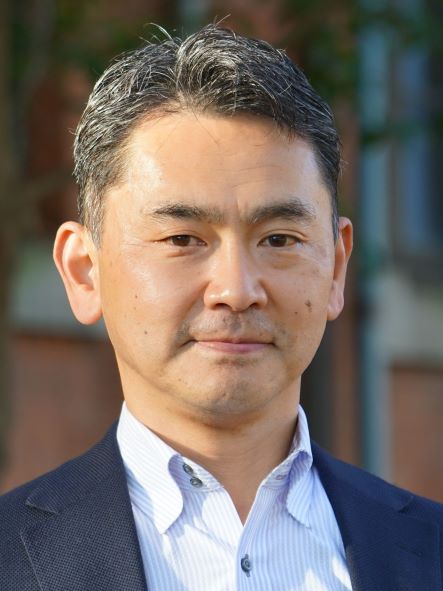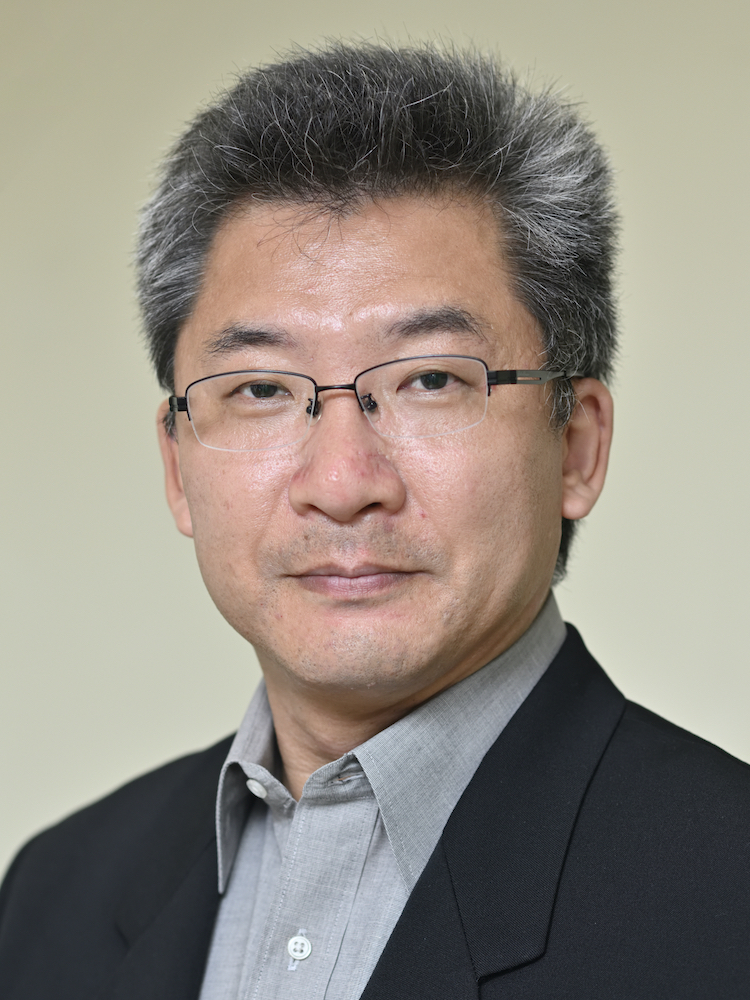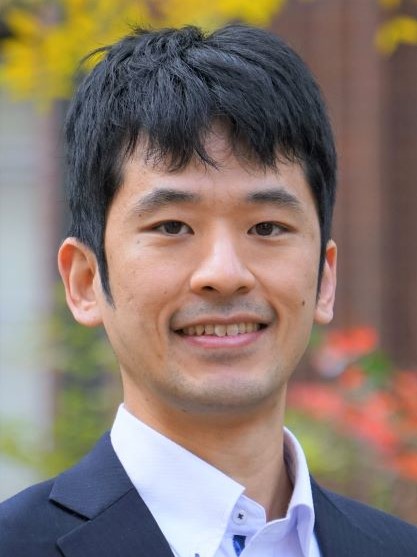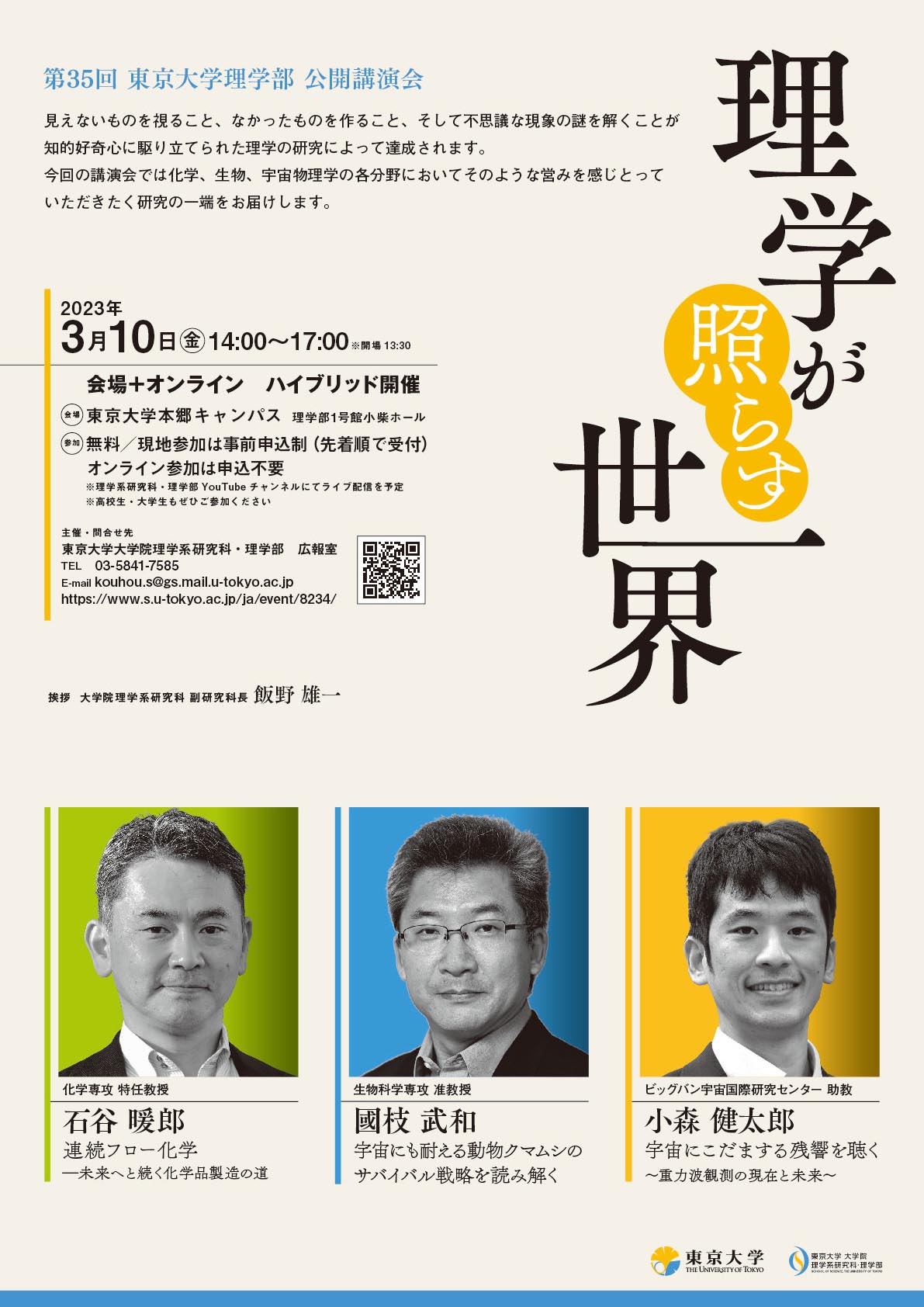DATE2023.01.26 #Events
Disclaimer: machine translated by DeepL which may contain errors.
The World Illuminated by Science
Seeing the invisible, creating the impossible, and unraveling the mysteries of mysterious phenomena are achieved through scientific research driven by intellectual curiosity. In this lecture, we will present some of our research in the fields of chemistry, biology, and astrophysics to give you a glimpse of such activities.
The event will be a hybrid of on-site and live-streaming.
The PDF file for participants is no longer available.
Speakers and Presentations
Continuous Flow Chemistry - The Way to the Future of Chemical Production
Haruro Ishitani, Project Professor, Department of Chemistry

Many industrial products, such as electrical appliances and automobiles, are manufactured efficiently in a streamlined process. What about chemical products, then, which are a necessity for society? In particular, chemicals such as pharmaceuticals and agricultural chemicals are manufactured using "flask-based reactions," but this method is now causing problems with excessive energy, labor, and waste. To change this and pave the way for future chemical production, we need a new manufacturing method that can produce "when, where, and in the quantities desired. We believe that a continuous flow synthesis method utilizing a non-soluble catalyst (heterogeneous catalyst) is the key to making this possible.
Deciphering the Survival Strategy of Space-Tolerant Animal Tardigrades
Takekazu Kunieda, Associate Professor, Department of Biological Sciences

Among the various animals on Earth, tardigrades are known for their high stress tolerance. When exposed to desiccation, tardigrades dry up like dried fish, but they are not dead and quickly revive when they get water again. Dried tardigrades tolerate stresses such as extreme ultra-low temperatures, vacuum, ultra-high pressure, and high doses of radiation, and can survive exposure to outer space. In recent years, the entire genetic information of several species of tardigrades has been decoded and genes involved in tolerance have begun to be identified, and the mechanisms of tolerance are rapidly being elucidated. In this talk, I will introduce some of the unexpected survival strategies of tardigrades that have been revealed by the latest research.
Listening to Reverberations in the Universe: Present and Future of Gravitational Wave Observation
Kentaro Komori (Assistant Professor, Research Center for the Early Universe)

There are things that can be learned by "listening" to celestial objects that do not emit light and are "invisible. Humans first "heard" gravitational waves in 2015, about 100 years after Einstein's prediction. In just five years since then, the number of gravitational wave observations has reached 90, greatly advancing our understanding of black holes and neutron stars. In this talk, I will explain what we know now and what will be revealed in the future through gravitational wave observations, together with the ultra-precision measurement technology of the telescopes that have made gravitational wave observations possible.
Introduction
Yuichi Iino, Vice Dean, Graduate School of Science
Date and Time
March 10, 2023 (Friday) 14:00 - 17:00 Local doors open 13:30
| Time Schedule | |
|---|---|
| 14:00-14:05 | Opening remarks |
| 14:05-14:45 | Lecture 1 (40 minutes) |
| 14:45-14:55 | Q&A (10 minutes) |
| 14:55-15:05 | Break (10 minutes) |
| 15:05-15:45 | Lecture 2 (40 minutes) |
| 15:45-15:55 | Q&A (10 minutes) |
| 15:55-16:05 | Break (10 minutes) |
| 16:05-16:45 | Lecture 3 (40 minutes) |
| 16:45-16:55 | Q&A (10 minutes) |
| 17:00 | End |
- Q&A: A Q&A session will follow each presentation. You can ask questions by entering the access code provided in the lecture or YouTube summary on the Slido website. Please note that all questions will be handled by Slido, so please come to the venue with your own device.
Location
Koshiba Hall, Faculty of Science Building No. 1, Hongo Campus, The University of Tokyo Access Map
Admission
Free of charge
The Faculty of Science provides "Barrier-Free Support". Please contact us in advance if you require facilities or information security due to a disability or other reason.
Capacity On-site participation has been closed. Thank you for your application.
As a precautionary measure against coronavirus infections, on-site participation will be on a first-come, first-served basis by advance registration. The deadline for registration is approximately half of the capacity (about 70 people), so please register as soon as possible. *No capacity for live streaming.
Due to the limited capacity of Koshiba Hall this year, there are no invitation seats available for the benefit of The University of Tokyo Graduate School of Science and School of Science Fund.
Live Streaming
Anyone can watch the live streaming from the YouTube channel of the Graduate School of Science and School of Science without prior registration. The general public, as well as high school and university students, are welcome to attend. The lectures will be available on demand until 23:59 on March 12 (Sun.).
Organizer
Graduate School of Science, The University of Tokyo
Contact
Public Relations Office, Graduate School of Science, The University of Tokyo
| TEL | 03-5841-7585 |
|---|---|
| kouhou.s@gs.mail.u-tokyo.ac.jp |
Countermeasures against Infectious Diseases (When coming to the on-site venue)
Please take your temperature at home before coming to the venue. Please take your temperature at home before coming to the venue.
1. Those who have a fever of 37.5°C or higher, or a temperature 1°C or higher than normal.
2. Those with symptoms of suspected infection
3. Those who are not in good physical condition
4. Persons who have contracted a new type of coronavirus infection and have not yet recovered, and persons in close contact with such persons who fall under the quarantine period.
Please wear a mask in the venue.
Please disinfect your hands at the entrance and exit of the venue.
The maximum number of participants is one-half the number of seats in the venue. Please follow the guidance of the staff when taking your seat.
Windows may be opened for ventilation. Please wear temperature-controlled clothing.
No food or beverages are allowed in the venue.
Please note that the event may be held only online depending on the situation of infectious diseases in the future.



